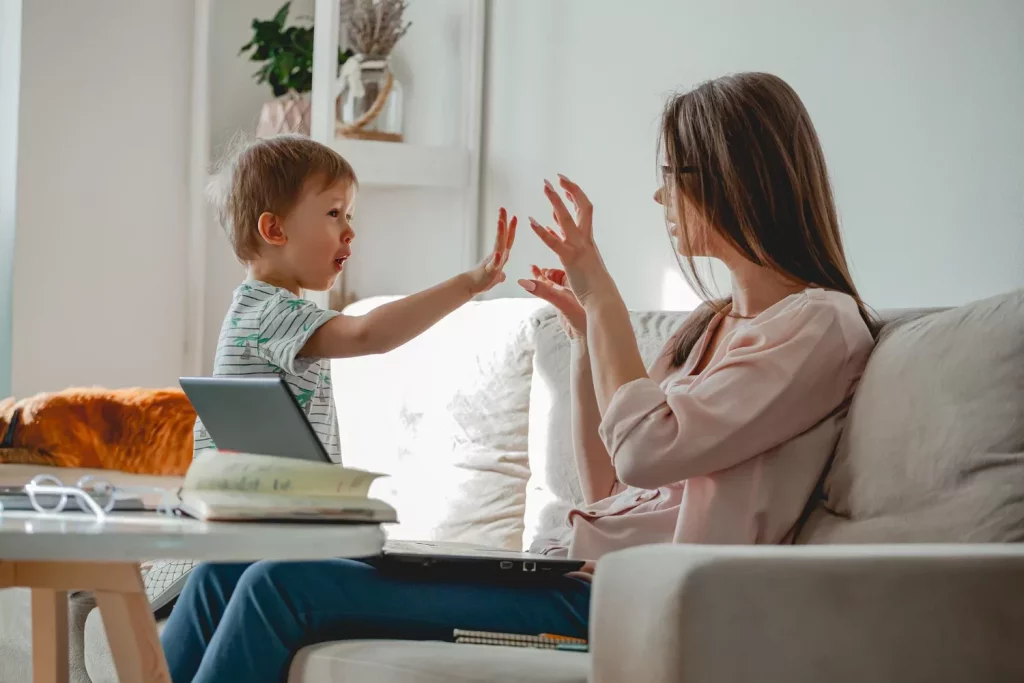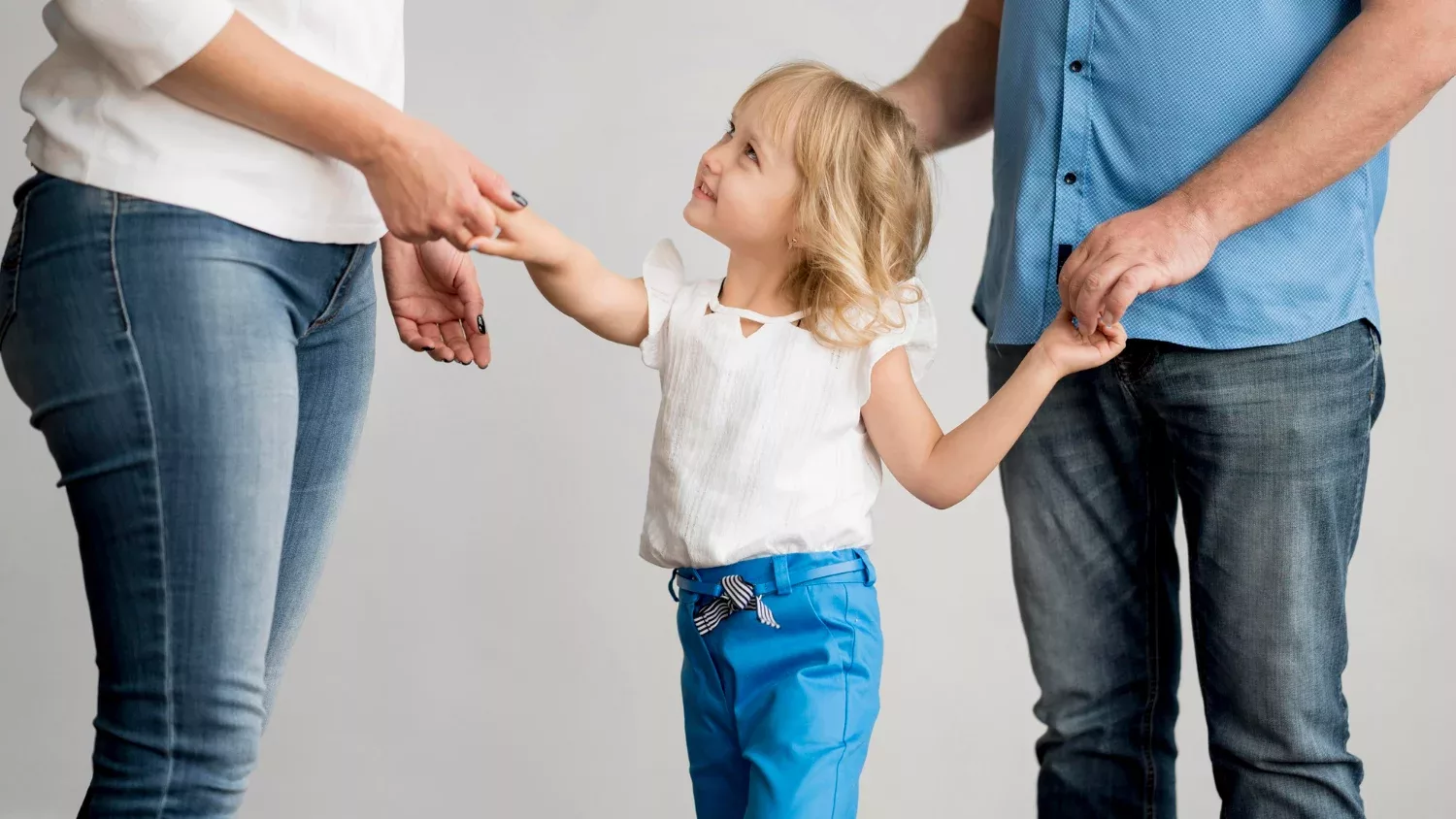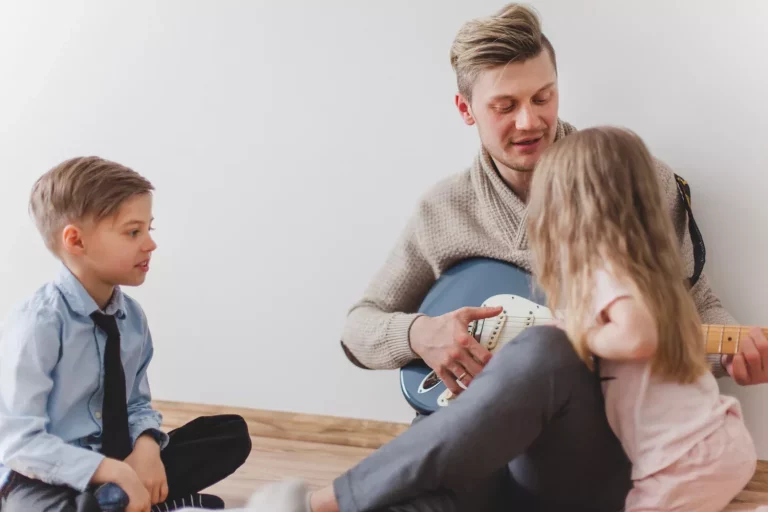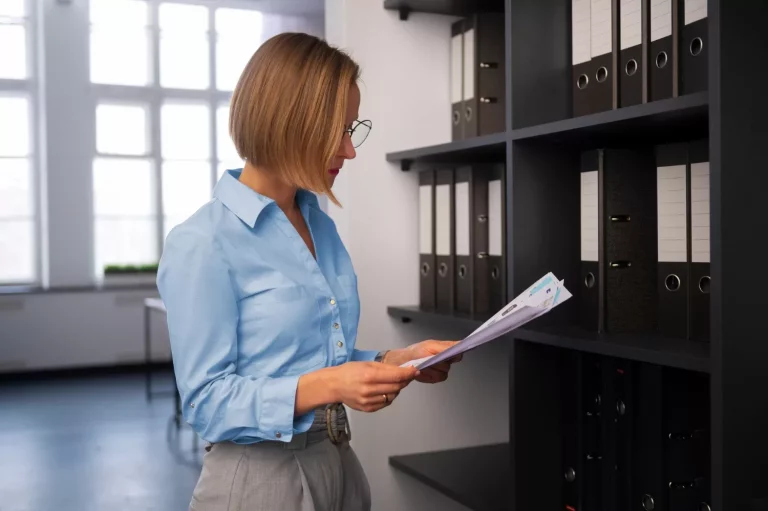Divorce Joint Custody: A Comprehensive Guide
Have you ever wondered how divorce joint custody works? Our experienced divorce lawyers at TheBostonDivorceLawyer are here to guide you through the process. Learn more about the benefits and challenges of joint custody arrangements in our latest article.
As indicated in Title 5, Section 304(c) of the Family Law Code, joint custody is when both parents share responsibilities for the upbringing of their child. This arrangement requires open communication and cooperation between the parents in making decisions regarding the child’s welfare.
Legal process
In this process, both parents and their lawyers work together to agree on how they will share time with their kids and make important decisions about their upbringing. They may have to go to mediation sessions to resolve any disagreements and reach a mutual agreement.
If they can’t agree in mediation, the case might go to court. A judge will then decide what’s best for the children. During this time, both parents could need to give evidence and have witnesses to support their claims. The court looks at things like each parent’s relationship with the child, their ability to provide a stable home, and any history of abuse or neglect.
On a serious note, once they reach a custody agreement, it becomes legally binding and both parents must follow its rules. This may include making a parenting plan that details when the children will be with each parent, how important decisions will be made, and how future disputes will be handled.
Parenting plan
This plan explains the children’s daily routine, including who they will live with and when they will visit the other parent. It may also cover holidays, vacations, and special events.
The plan usually outlines how decisions about the children will be made, such as those related to school, health, and extra activities. It encourages both parents to talk and work together to make choices that are best for the kids.
Additionally, the plan may include how parents will communicate. Frankly, this might involve phone calls, texts, or emails to keep each other updated on the children’s well-being. It’s important for both parents to stay involved in their children’s lives even though they are separated.
In short, a parenting plan in a divorce with joint custody is a guide for co-parenting. It sets rules and expectations for both parents to make sure the children’s needs are met and to help maintain a good relationship with both parents. Good communication, working together, and being flexible are very important for a successful parenting plan.
Co-parenting
This means they work together to raise their kids, even if they don’t live in the same house anymore. They might share time with the kids based on a schedule that suits everyone. Co-parenting needs good communication between the parents. They need to discuss important choices, like where the kids will go to school or how they will spend holidays.
So to speak, it’s also key for both parents to support each other and put their children’s needs first. This can be tough sometimes, especially if the divorce was messy. But co-parenting helps children have a relationship with both parents, even if they live separately. It can make children feel safe and secure, knowing both parents are involved in their lives. Co-parenting is a way for families to stick together, even when times are hard.
Child’s needs
Parents need to focus on meeting their child’s needs to ensure their well-being. Keeping a stable and consistent daily routine is important, so parents should create a regular schedule for visitation and co-parenting. Children also need emotional support during tough times. Both parents should provide a safe and loving space for the child to share their feelings.
Children have physical needs too, like food, clothing, and shelter. Both parents should work together to make sure these needs are met and that the child has a comfortable home in both places.
Let me explain, children also need to socialize. It’s important for parents to support the child’s relationships with friends and family. Parents should communicate well to meet the child’s social needs in both homes.
Communication
You know, it’s important for both parents to talk well with each other about their kids. This means sharing important details, making decisions together, and planning schedules. Good communication makes children feel safe and stable.
Parents should be open and honest with each other, even when it’s tough. This means listening to each other’s concerns and feelings and trying to agree on things. Good communication helps avoid misunderstandings and fights.
Parents also need to talk directly with their kids. As far as I’m concerned, both parents should be part of the children’s lives and spend quality time with them. This helps kids feel supported and loved by both parents.
When talking to each other, it’s important to be respectful and polite. Avoid blaming, criticizing, or attacking each other. Be willing to compromise and make sacrifices for the children’s well-being.

My Concluding Thoughts
Joint custody can be a beneficial arrangement for children of divorced parents, as it allows them to maintain a close relationship with both parents.
What TheBostonDivorceLawyers is recommending to get is, this type of custody can help minimize the negative impact of divorce on children and promote their well-being. It is important for parents to communicate effectively and prioritize the best interests of their children when navigating joint custody agreements.







